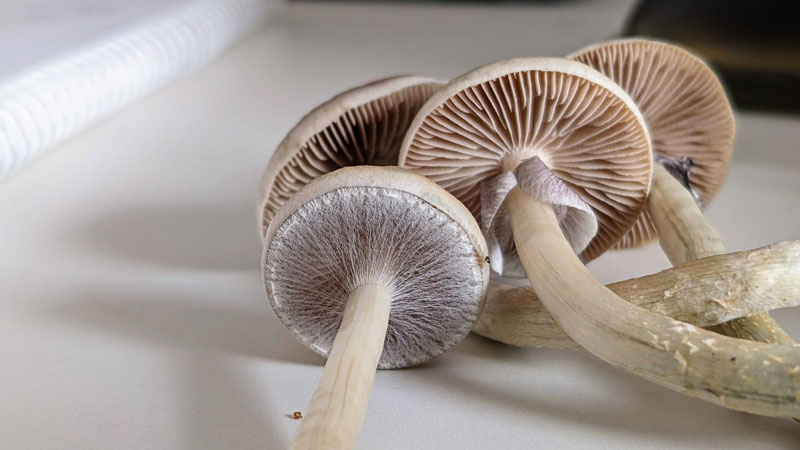In recent years, microdosing mushrooms has gained popularity as a method for enhancing creativity, focus, and overall well-being. This practice involves consuming very small doses of psychedelic mushrooms, typically every few days, with the goal of experiencing subtle effects without the full-blown hallucinations associated with higher doses.
While the concept of microdosing has been around for decades, it has gained mainstream attention thanks to anecdotal reports and studies highlighting its potential benefits. From Silicon Valley entrepreneurs to artists and athletes, individuals from various backgrounds have claimed that microdosing mushrooms has helped them boost productivity, creativity, and mood. In this article, we will explore the science behind microdosing mushrooms, its potential benefits and risks, and how to safely incorporate this practice into your lifestyle.

The Science Behind Microdosing Mushrooms
Research on microdosing mushrooms is still in its early stages, but some studies suggest potential benefits of this practice. Psilocybin, the active compound in psychedelic mushrooms, has been shown to affect serotonin receptors in the brain, which are involved in mood regulation and cognitive function. When taken in small doses, psilocybin may promote neuroplasticity, leading to enhanced creativity and problem-solving abilities. Additionally, some anecdotal reports indicate that microdosing mushrooms can reduce symptoms of anxiety, depression, and PTSD. However, more rigorous scientific studies are needed to fully understand the mechanisms and long-term effects of microdosing microdosing mushrooms.
How to Safely Incorporate Microdosing Mushrooms into Your Lifestyle
Before embarking on a microdosing regimen with mushrooms, it is crucial to educate yourself on the potential risks and benefits associated with this practice. Start with a very low dose to assess your sensitivity to psilocybin and its effects on your mental and physical well-being. It is recommended to keep a journal to track your experiences and adjust the dosage as needed. Additionally, sourcing high-quality mushrooms from reputable suppliers is essential for ensuring safety and consistency in dosing. Consulting with a healthcare provider or therapist before starting microdosing microdosing mushrooms is also advised, especially if you have a history of mental health issues or are taking medications that may interact with psilocybin.
In conclusion, while microdosing mushrooms may offer potential benefits for enhancing creativity, focus, and overall well-being, it is important to approach this practice with caution and mindfulness. Educate yourself on the science behind microdosing, start with low doses, keep a journal of your experiences, and consult with a healthcare professional before incorporating mushrooms into your routine. By taking these precautions, you can safely explore the potential benefits of microdosing mushrooms while minimizing any potential risks associated with this practice.

Leave a Reply